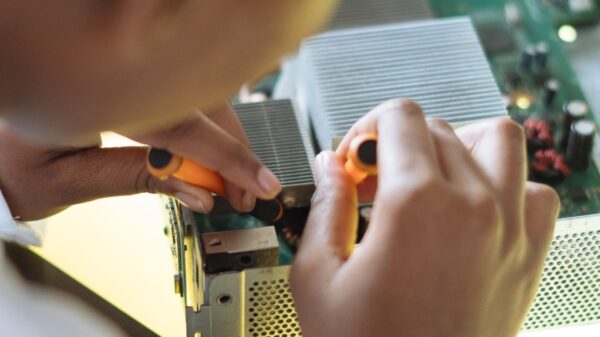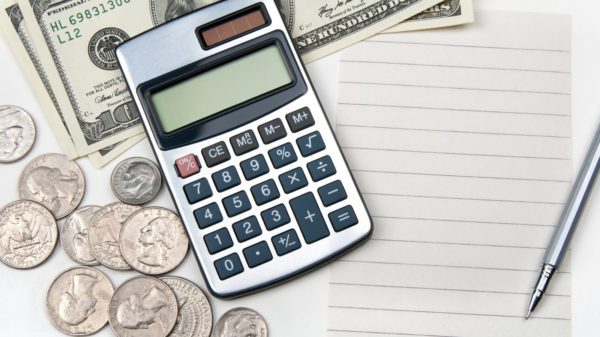Millennial poverty doesn’t always look like the person on the street corner asking for change. Sometimes poverty looks like the college graduate with an unpaid internship who’s working at Starbucks on the side.
TeLisa Daughtry lost everything when Wall Street collapsed in 2008 and she was let go from her job at a company owned by the Hearst. Soon after, she found herself living on the E Train on a New York City Subway in Manhattan when she could no longer afford her apartment.
For six months, Daughtry traveled around with her big blue suitcase. Continuing her work as a freelancer, Daughtry went to business meetings and made a Starbucks her temporary office, returning to her makeshift underground home at night.
“I wanted to chase this New York dream, and I put myself in a very compromising position,” Daughtry said. “You can be gainfully employed but still not be able to afford housing or commuting costs.”
Daughtry’s story might sound extreme, but it’s not as uncommon as we are led to believe. There’s a disconnect in what we know about poverty and the reality of who it affects and what it really looks like.
According to the U.S. Census, more than 20 percent of people 18 to 34 years old live in poverty in America today. This is an uptick from how Baby Boomers lived in the 1980s, with millennials earning an average of $2,000 less today than young adults did back then, even though they are more likely to have a college degree.
Even so, young people who find themselves counting pennies are still in this uncertain middle between living under the poverty line and being homeless.
Hanna Brooks Olsen, a writer for Everyday Feminism, believes that having a college degree doesn’t mean a guaranteed steady income. As a college graduate with an unpaid internship (“because of course it was unpaid,” she writes), dressed in second-hand clothing, and sitting in a WorkSource office, she didn’t look poor as she waited to see if she could qualify for any program to make her “finances less crushing.”
For Daughtry, when she was searching for more steady income, employment offices were unable to help her because she was “too educated for the opportunities they had,” she said. Desperate, she began leaving work experience off her resume to make it appear that she wasn’t overqualified for the jobs she was applying for.
But college graduates like Daughtry and Olsen know that even a “steady job” is not so steady anymore. “Companies are looking for freelance contract opportunities,” Daughtry said. “They’re not looking to invest in employees anymore, especially for entry-level opportunities.”
A survey of more than 100 low-income individuals found that most personal debt resulted from stretches of unemployment, medical costs and student loans, according to the The Boston Globe in 2014. The study was done by Crittenton Women’s Union, a Boston nonprofit that helps people find ways out of poverty.
And as Daughtry knows, without being able to pay off student loans, your credit score drops “dramatically.” Daughtry points out that being in a place where you don’t “have a credit card for enjoyment,” but just to provide for yourself, is extremely challenging. “It’s very hard to rise from that,” she said.
But Daughtry did rise. Paying off her college debt in 2014 and starting her own business the next year, she now runs Flytechnista, a nonprofit that empowers women and girls to be leaders in technology.
For millennials facing uncertain circumstances like Daughtry did, she has some words of advice.“[Establish] a really positive support system. Don’t have too much pride. Seek help, and you’re not too educated or too smart [to find yourself in poverty]. It really does affect everybody.”
Correction: The original article said that TeLisa Daughtry was formerly employed on Wall Street and that she worked at Starbucks while living on the E Train. Daughtry was never employed on Wall Street, nor did she invest in stocks, but lost everything in the 2008 recession. The article also originally said Daughtry worked at Starbucks. She was never employed with Starbucks, but would often go to Starbucks to use as a temporary office space.
Photo by alexisnyal 


























